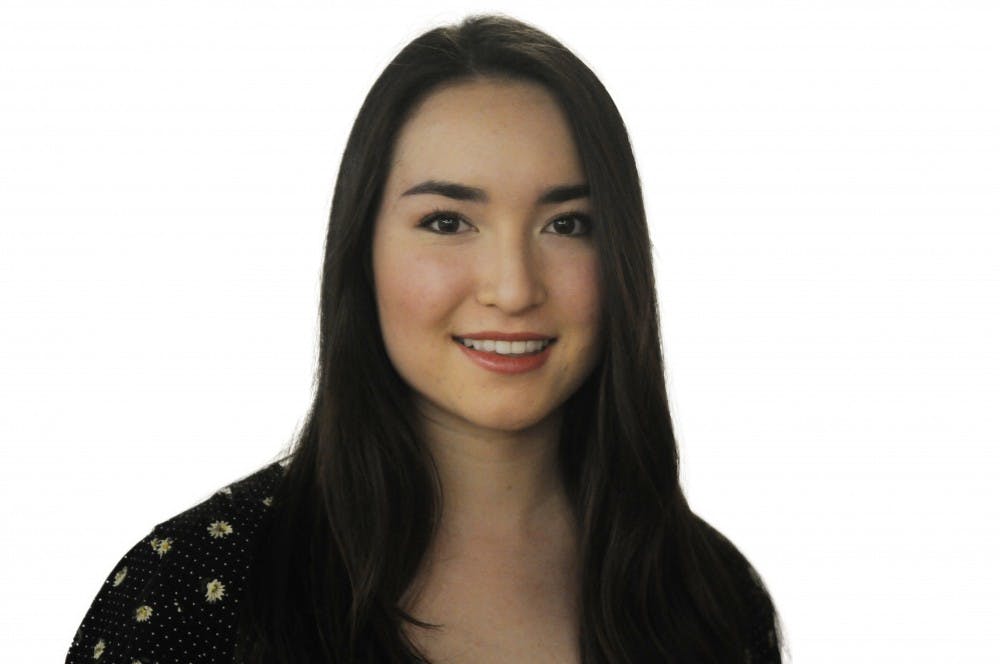As a recent article in The Daily Pennsylvanian pointed out, the attacks of early January on the French satirical magazine Charlie Hebdo “triggered discourse around the world about free speech, comedy and their consequences.”
To anyone who follows the news, this much is clear. In relation to the attacks, we’ve talked about hate speech, racism and the degree of respect journalists ought to afford the religious symbols many people hold sacred. The DP’s brief coverage of comedy groups at Penn follows in this vein.
As I read through that piece and the many articles sparked by the Charlie Hebdo nightmare that preceded it, I couldn’t help but feel that something was off. A lot of people, it seems to me, are missing the point.
Though they may have sparked a great deal of debate around the issue, the events that terrorized France for three days in early January shouldn’t make us think about free speech. What those attacks concerned was not the question of free speech and its limitations; it was the question of terrorism.
We talk about the limits of free speech in terms of what sorts of speech are acceptable for a legitimate government to sanction. In the case of Charlie Hebdo on Jan. 7, this question was not on the table. If those events represented the suppression of free speech, it was their suppression at the hands of extremists, certainly not at the hands of the government.
And even setting aside the fact that free speech issues — the legal right to free speech — necessarily involve actions of government, the inescapable problem with calling Charlie Hebdo a source of debate about free speech is that there is no debate.
No one, save for a few bloodthirsty extremists, believes the men who walked into the magazine’s office and started firing at unarmed journalists were justified in doing what they did. It doesn’t matter what Charlie Hebdo published — the killing of 12 people isn’t an event that makes us scratch our heads and ask ourselves whether or not they were getting their just deserts.
But why is it important that we separate the debate about free speech from this act of terrorism?
Firstly, asking ourselves questions about free speech and its limitations as a response to the attacks lets in the idea that there could be a legitimate justification for retaliating against someone’s expression with brutality. I don’t think I’m alone in believing that this idea is ridiculous. Any attempt to make sense of those actions with legitimate reasons gives their perpetrators far too much credit.
Secondly, and more importantly for the quality of our international political discourse, representing our free speech debate with the attack on Charlie Hebdo takes an important, complex and debatable issue and exchanges it for an event about which there is no legitimate debate. It paints free speech as a simple ideal on which we all agree — all of us except those crazy men with guns.
The problem is that free speech isn’t quite so simple. Take, for example, a real free speech issue going on in France: French comedian Dieudonné is known for making jokes about Jews that many people believe constitute a violation of France’s laws against anti-Semitism. He made comments about Charlie Hebdo for which he will be tried in court.
In the United States, there are similarly tenuous issues about hate speech and bullying. In a world where technology means the government has more and more information about its citizens, it’s essential that we ask ourselves what the government is justified in censoring, if it’s justified in censoring anything at all.
An appropriate response to the Charlie Hebdo events was the heartening show of solidarity that took place in cities across the world. It was a big news story, and journalists love to talk about free speech, so it makes sense that people were drawn to discussing its limitations. But we’re unlikely to have fruitful discussions about free speech when they’re inspired by a story as morally unambiguous as the attack on Charlie Hebdo. We ought to remember that issues of free speech are no more relevant after the attacks than they were before them; the legitimacy of silencing speech with terrorism has never been up for debate.
Sophia Wushanley is a College senior from Millersville, Pa., studying philosophy. Her email address is wsophia@sas.upenn.edu. “Another Look” appears every other Monday.
The Daily Pennsylvanian is an independent, student-run newspaper. Please consider making a donation to support the coverage that shapes the University. Your generosity ensures a future of strong journalism at Penn.
DonatePlease note All comments are eligible for publication in The Daily Pennsylvanian.








